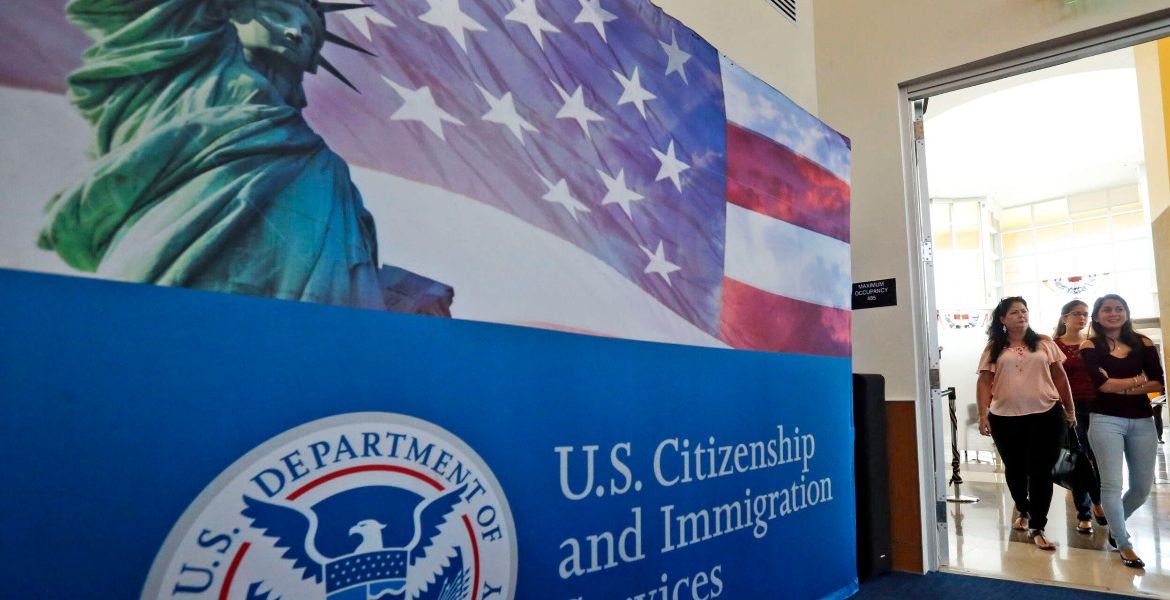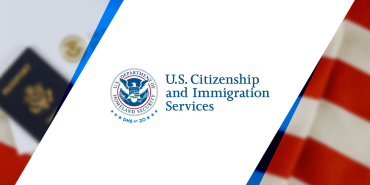US Introduces New Charges for Foreign Work Permit Applicants

The United States Citizenship and Immigration Services (USCIS) is set to implement significant increases in immigration fees starting 21 August 2025, a move expected to affect asylum seekers and foreign workers considerably.
The changes introduce new charges for Employment Authorisation Documents (EADs) and asylum applications, creating additional financial hurdles for vulnerable individuals seeking refuge or work in the US. One of the most notable changes is the introduction of fees for applicants who were previously exempt from charges when applying for EADs.
This includes people applying under categories such as asylum, parolee status, and Temporary Protected Status (TPS). These applicants will now be required to pay $550 for initial EAD applications and $275 for renewals. Immigration advocates have raised concerns that this policy will disproportionately impact those fleeing persecution or conflict. The affected eligibility categories—(a)(4), (a)(12), (c)(8), (c)(11), (c)(19), and (c)(34)—cover a broad range of humanitarian cases, signalling widespread consequences.
In addition to these fees, USCIS will impose a $100 charge for filing Form I-589, which is used to apply for asylum and withholding of removal. Furthermore, an Annual Asylum Fee (AAF) of $100 will apply for each calendar year an asylum case remains unresolved beyond 365 days, starting with applications filed on or after 1 October 2024. This annual fee aims to offset administrative costs but has faced criticism for potentially penalising asylum seekers due to delays often outside their control, placing extra financial strain on applicants.
While there is a small concession for parolees applying for EADs after approval of a new parole period, the overall impact is an increase in costs for navigating the US immigration system. Supporters of the legislation behind these changes, including lawmakers who backed H.R. 1, argue that the fee adjustments are necessary to maintain the financial stability of USCIS, which relies heavily on application fees for funding.
The new regulations also change the validity periods for EADs in certain categories. For parolees, employment authorisation will be limited to one year or the length of their parole period, whichever is shorter. Similarly, TPS beneficiaries will receive EADs valid for up to one year or the duration of their TPS designation. These restrictions are designed to tighten control over temporary work authorisation but will likely require more frequent renewals, increasing both the administrative workload for USCIS and the financial burden on applicants.
Employers are also affected by the new fee structure. While lawful permanent residents and holders of specific non-immigrant visas such as H-1B and L-1B remain exempt from EAD requirements, the stricter rules for temporary and humanitarian statuses may complicate the verification of work authorisation.








Add new comment